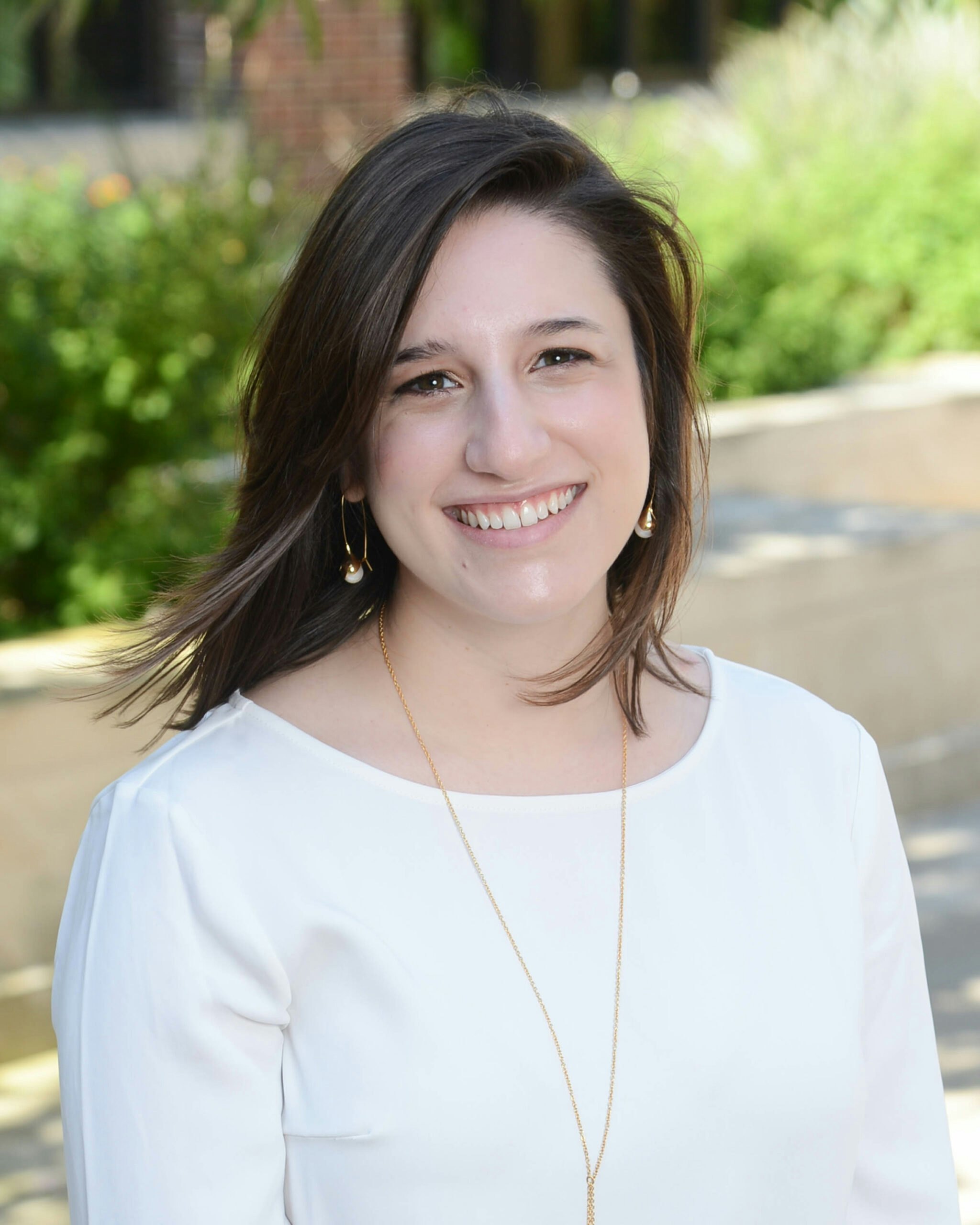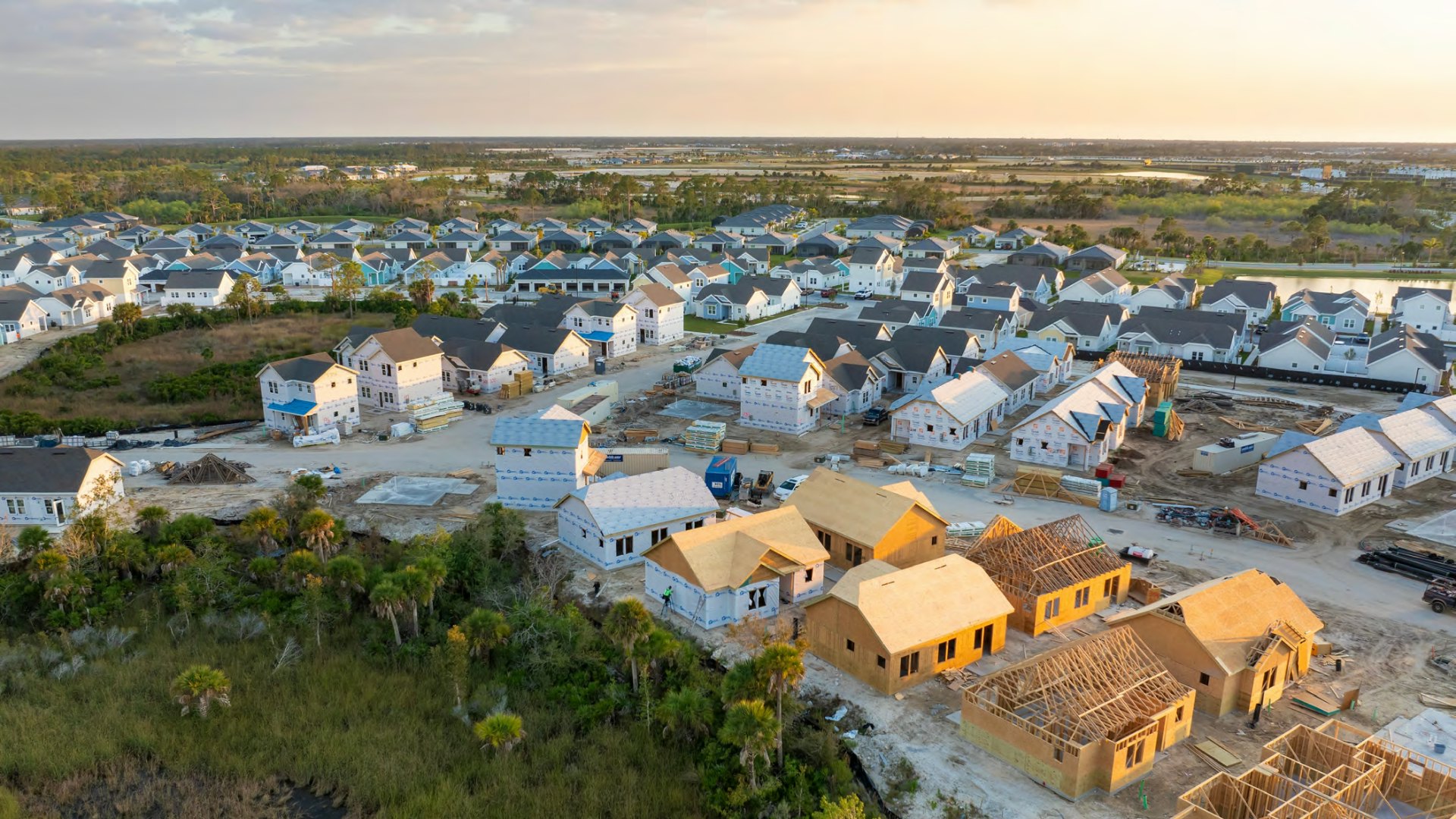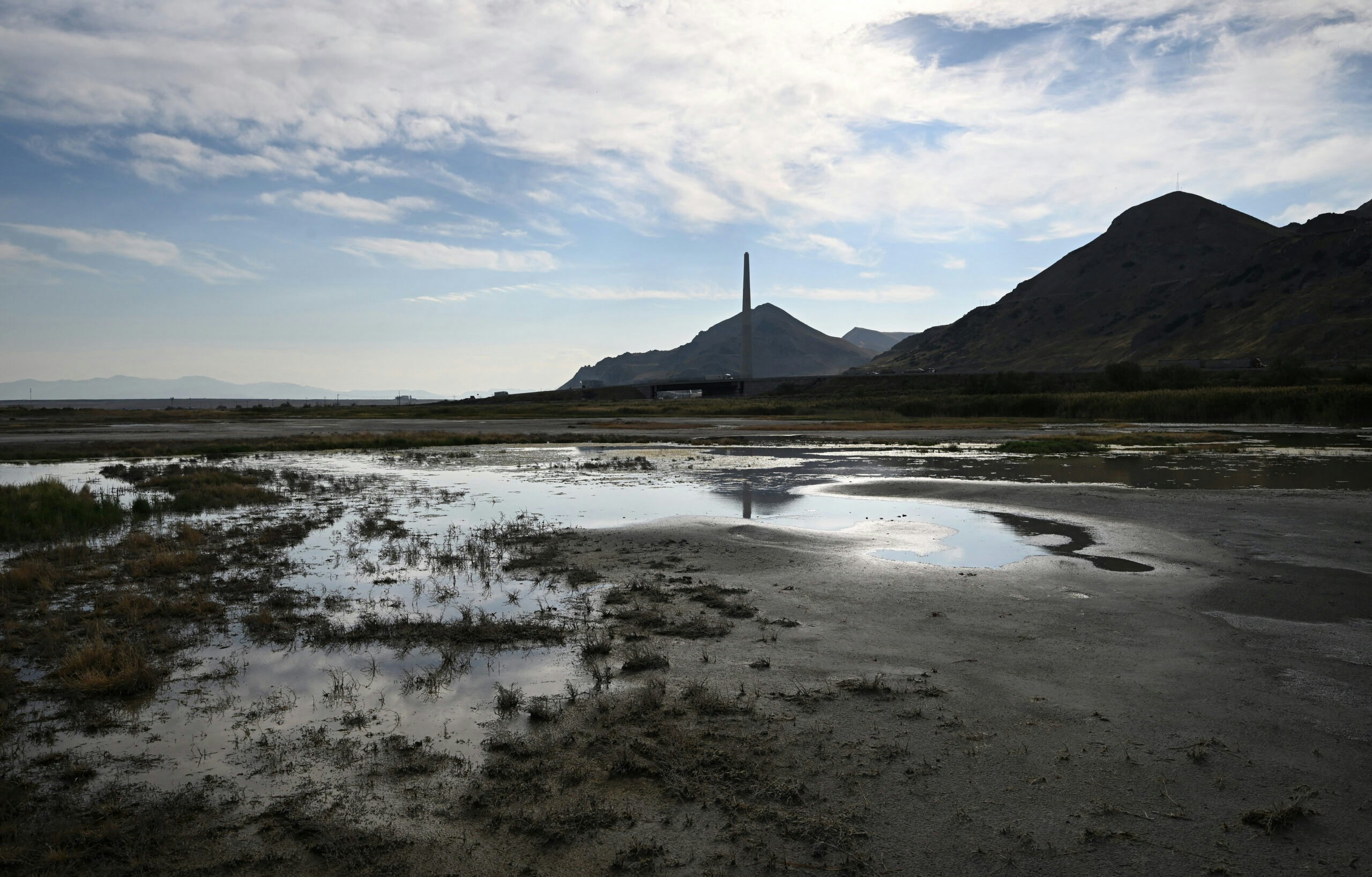Central America Prosperity Project participant Juan Carlos Zapata shares details about Guatemala's efforts to combat COVID-19 and how his organization is securing medical supplies for the country's hospitals.
Juan Carlos Zapata is a Bush Institute Central America Prosperity Project participant and Executive Director of the Foundation for the Development of Guatemala
How is Guatemala faring during the COVID-19 crisis?
Despite the limitations on our institutional framework and the health system, the Government of Guatemala has done a great job mitigating the effects of COVID-19. The number of confirmed cases as of April 30th was 599, this is roughly 33 cases for every million people. Additionally, the total death rate from COVID-19 is 0.9 for every million.
Since the beginning of the crisis, our government acted quickly to institute lockdown measures and physical distancing. Curfews and facemasks were also mandated. I believe these measures helped control the number of positive COVID-19 cases Guatemala has experienced.
The Guatemalan Government also looked to the private sector for support. To date, organizations have donated a combined $25 million USD worth of supplies, including medical equipment, food, and resources for the construction of new medical centers.
Tell us about the Foundation for the Development of Guatemala’s (FUNDESA) efforts to procure COVID-19 PCR test kits.
FUNDESA, a private non-profit organization financed by the private sector, launched a national donation campaign to purchase real-time reverse transcription polymerase chain tests (rRT -PCR) from Korea, the United States, and France. International demand has made these tests scarce. More than 150 donations were received, and we were able to collect $1.5 million USD. With these generous donations, we purchased 27,500 swabs with transport medium, 5,050 extraction kits, and 7,032 rRT-PCR tests and reactor supplies for the public hospitals. In the coming weeks, we are looking to make an additional donation of 20,000 rRT-PCR tests.
Epidemiologists at the Universidad del Valle de Guatemala are predicting a spike of COVID-19 cases in late June. While testing has already increased from 25 to 500 daily tests, the country needs to run about 2,000 tests a day. We are hopeful we can get there.
This effort, coordinated by FUNDESA and the Universidad del Valle de Guatemala, is now supporting the Health Ministry and the Guatemalan Social Security Institute (IGSS) to educate individuals about the different rRT-PCR tests available and how to scale these purchases with the support of the United Nations Office for Project Services (UNOPS).
What support does Guatemala need from the international community to battle the Coronavirus?
Information and contacts. FUNDESA has successfully purchased rRT-PCR tests due to relationships with international suppliers. These contacts have provided us the opportunity to work with producers in other countries. Guatemala is now facing a shortage of respirators in our hospitals. Our next phase in helping Guatemala through the COVID-19 crisis, is finding international providers for respirators and purchasing personal protective equipment for our hospitals.
The George W. Bush Institute’s Central America Prosperity Project has called for a digital strategy for the region – what are the implications of COVID-19 for digitization?
Due to COVID-19, digitizing the Guatemalan economy will accelerate. Many are continuing to work from home and using the internet and telephone to do so. Education has also moved online, using digital platforms to continue classroom learning. There is no arguing a digital strategy for the country is needed to support B2B payments for businesses.
What role has being a member of the Central America Prosperity Project network played in helping you navigate the COVID-19 crisis?
Being a member has helped my personal network grow. All three of the northern triangle countries are facing different challenges with COVID-19, and the Central America Prosperity Project has allowed my peers and I to collaborate and support each other.






























